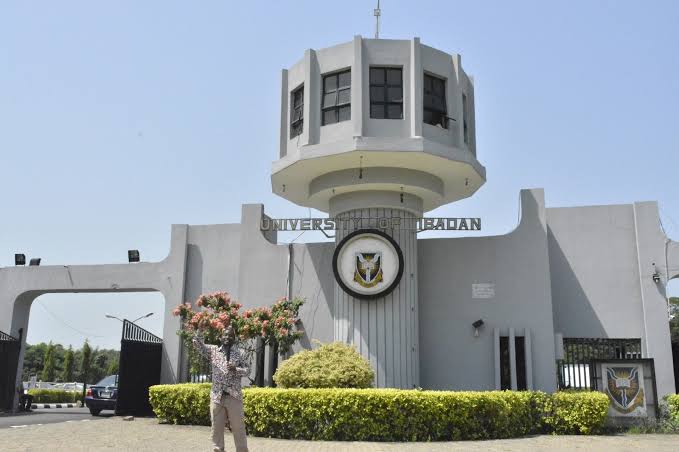Nigerian students are transforming their aspirations of studying abroad into achievable goals, fueled by determination and innovative financial strategies.
Despite economic hurdles and stringent visa requirements, a growing number of students are successfully pursuing international degrees.
The game-changer in 2025 lies not in the destinations, but in the diverse funding approaches.
Below are seven ways students can fund their studies abroad:
1. Earning Abroad-Ready Funds: Platforms like Upwork, Fiverr, and Toptal have become lifelines for students looking to earn dollars before departing Nigeria. By offering services such as web design, writing, and programming, students can accumulate funds to cover application fees, tuition deposits, and flight tickets. A monthly income of $500 to $1,500 can significantly ease the financial burden, allowing students to focus on their academic pursuits.
2. Global Family Support: This also plays a crucial role in funding international education. Many students rely on remittances from parents, siblings, or relatives abroad to meet visa proof of funds requirements and cover initial tuition fees. Official letters of support or co-signed bank statements from sponsors can provide the necessary financial backing, giving students the confidence to pursue their academic goals.
3. Merit-Based Awards: These are another vital source of funding. Students aggressively pursue merit-based awards through programs like the DAAD, Commonwealth Scholarships, and university-specific fellowships. Partial tuition waivers and fully funded research assistantships are also available, particularly for postgraduate applicants from Europe, Canada, and the United States.
4. Educational loans and financing platforms: They have emerged as a viable solution. Banks and fintech startups offer study abroad loans in partnership with foreign institutions, providing students with the necessary funds to pursue their education.
5. Digital Entrepreneurship: Some students are also monetising their expertise by creating and selling digital products and services. By publishing paid eBooks on exam preparation, running admission consultancy channels on YouTube, or selling online courses on application strategies, students can generate revenue to cover visa fees and initial living expenses.
6. Pre-Arrival Employment: This is another strategy students are using to secure financial stability. By lining up roles such as campus assistants, hospitality jobs, or online tutoring before departure, students can ensure a smoother transition to their new academic environment.
7. Community Funding: Crowdfunding and community savings have become increasingly popular among students. Launching GoFundMe campaigns or forming peer savings circles with friends, family, churches, or alumni associations can help bridge the financial gap and make international education more accessible.
WARNING: If You Are Not 18+, Don’t Click The Link Below 👇🫣
https://abnormalitylovingmammal.com/kx6iepv2qm?key=6c14bd1d68e1eba721851f19778f5efe
https://poawooptugroo.com/4/8902554
Please don’t forget to “Allow the notification” so you will be the first to get our gist when we publish it.
Drop your comment in the section below, and don’t forget to share the post.
Never Miss A Single News Or Gist, Kindly Join Us On WhatsApp Channel:
https://whatsapp.com/channel/0029Vad8g81Eawdsio6INn3B
Telegram Channel:
https://t.me/gistsmateNG





